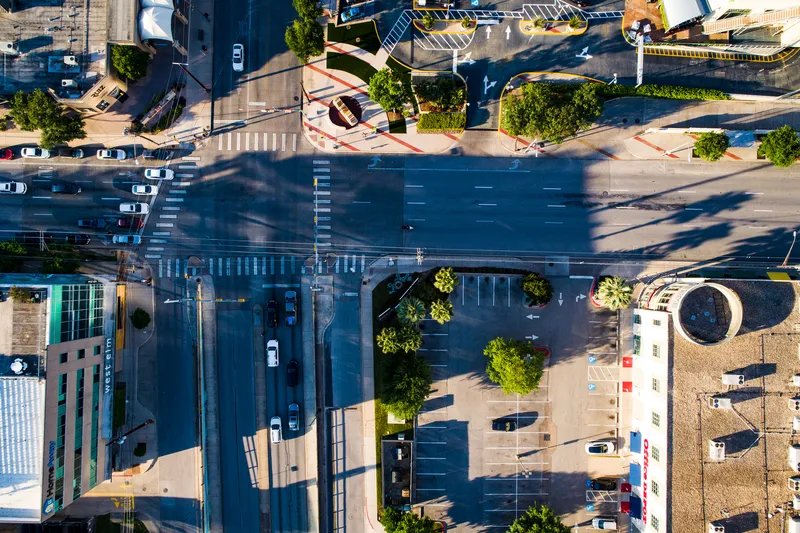New analysis from Frost & Sullivan, Strategic Analysis of Big Data in Rapid Transit, finds that global annual rail investment in big data will reach over US$2.14 billion by 2021. Investments will grow at a minimum of 60.3 per cent. The study covers hardware, big data distributions, data management components, analytics and visualisations, and services. The global rail market offers huge opportunities for big data technology providers. As some of the signalling equipment on rail networks is nearly 80 years o
March 13, 2015
Read time: 2 mins
RSSNew analysis from 2097 Frost & Sullivan, Strategic Analysis of Big Data in Rapid Transit, finds that global annual rail investment in big data will reach over US$2.14 billion by 2021. Investments will grow at a minimum of 60.3 per cent.
The study covers hardware, big data distributions, data management components, analytics and visualisations, and services.
The global rail market offers huge opportunities for big data technology providers. As some of the signalling equipment on rail networks is nearly 80 years old, industry participants have begun to invest in the current generation of rail systems including computer-based point machines and interlocking. This shift from analogue to digital railway systems, which allows activity to be recorded and the integrity of systems to be identified in real time, has turned rail participants’ attention towards big data technologies.
“The main aim of the rail industry’s implementation of big data technologies has been predictive analytics,” said Frost & Sullivan Automotive & Transportation research analyst Shyam Raman. “Integrating media analytics to improve the security of rail infrastructure and payload are also key applications.”
However, applications of big data technologies in the rail industry can extend further to include fare management, geospatial analysis, transit scheduling and revenue management. Such big data functionalities could completely transform the rail industry’s business process structure, enabling seamless interconnected management between various functions.
Despite the positive implications of big data architecture, some rail participants have been slow to implement these solutions. Widespread ignorance on how to identify relevant data structures/types - and utilise them to make visualisations that enable actionable decisions - has made rail companies wary of investing in big data platforms. Automatically gathered data could also be problematic, arising from systematic issues from sensors or incorrect metadata about the sensor.
Rail participants must overcome these challenges to leverage changing business models. With the proliferation of mobile Internet across all components of the rail ecosystem, unstructured data will continue to grow, highlighting the need for big data technologies.
“Globally, over 50 billion devices will be connected to the Internet by 2020, a four-fold increase from 2010,” explained Raman. “To remain competitive, the rail environment must adapt to these external conditions through the use of big data technologies.”
The study covers hardware, big data distributions, data management components, analytics and visualisations, and services.
The global rail market offers huge opportunities for big data technology providers. As some of the signalling equipment on rail networks is nearly 80 years old, industry participants have begun to invest in the current generation of rail systems including computer-based point machines and interlocking. This shift from analogue to digital railway systems, which allows activity to be recorded and the integrity of systems to be identified in real time, has turned rail participants’ attention towards big data technologies.
“The main aim of the rail industry’s implementation of big data technologies has been predictive analytics,” said Frost & Sullivan Automotive & Transportation research analyst Shyam Raman. “Integrating media analytics to improve the security of rail infrastructure and payload are also key applications.”
However, applications of big data technologies in the rail industry can extend further to include fare management, geospatial analysis, transit scheduling and revenue management. Such big data functionalities could completely transform the rail industry’s business process structure, enabling seamless interconnected management between various functions.
Despite the positive implications of big data architecture, some rail participants have been slow to implement these solutions. Widespread ignorance on how to identify relevant data structures/types - and utilise them to make visualisations that enable actionable decisions - has made rail companies wary of investing in big data platforms. Automatically gathered data could also be problematic, arising from systematic issues from sensors or incorrect metadata about the sensor.
Rail participants must overcome these challenges to leverage changing business models. With the proliferation of mobile Internet across all components of the rail ecosystem, unstructured data will continue to grow, highlighting the need for big data technologies.
“Globally, over 50 billion devices will be connected to the Internet by 2020, a four-fold increase from 2010,” explained Raman. “To remain competitive, the rail environment must adapt to these external conditions through the use of big data technologies.”









